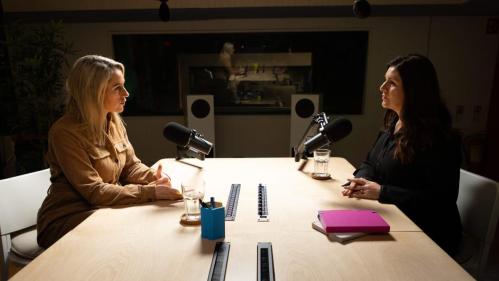Potassium, along with sodium, is one of the essential salts that your body needs to regulate water use and balance. It also helps with muscle function, and is important for maintaining heart rhythm, and avoiding kidney stones. Too little potassium, in conjunction with a high sodium intake has also been linked to high blood pressure.
At ages one to three, your child needs 3,000 milligrams of potassium per day, and by four to eight years old, 3,800 milligrams per day. As with other nutrients, however, experts agree that even if you can’t get your child to eat the required amount every day, you should aim for the ideal as an average over a few days or weeks.
Baked potatoes are a great source of potassium, as are prunes and prune juice, as well as raisins. Tomato and orange juice are two more good choices, and if your child eats beans, then lima or white beans are a good option too. Sunflower seeds, bran cereal, spinach and melons, like cantaloupe and watermelon, are all good choices too. You could also try tomatoes and oranges, which are all great sources of potassium too.
Your child’s intake will vary, but fortunately, there’s no risk of getting too much – in fact, leading nutritionists have not even set an upper level for potassium intake, so if your child loves potassium rich foods, feel free to offer them!
At ages one to three, your child needs 3,000 milligrams of potassium per day, and by four to eight years old, 3,800 milligrams per day. As with other nutrients, however, experts agree that even if you can’t get your child to eat the required amount every day, you should aim for the ideal as an average over a few days or weeks.
Baked potatoes are a great source of potassium, as are prunes and prune juice, as well as raisins. Tomato and orange juice are two more good choices, and if your child eats beans, then lima or white beans are a good option too. Sunflower seeds, bran cereal, spinach and melons, like cantaloupe and watermelon, are all good choices too. You could also try tomatoes and oranges, which are all great sources of potassium too.
Your child’s intake will vary, but fortunately, there’s no risk of getting too much – in fact, leading nutritionists have not even set an upper level for potassium intake, so if your child loves potassium rich foods, feel free to offer them!






